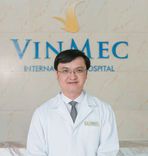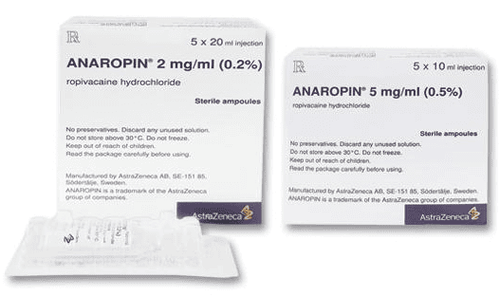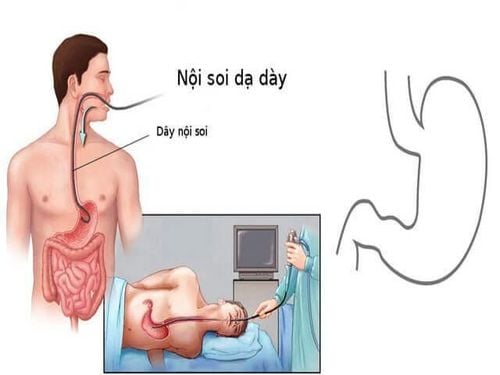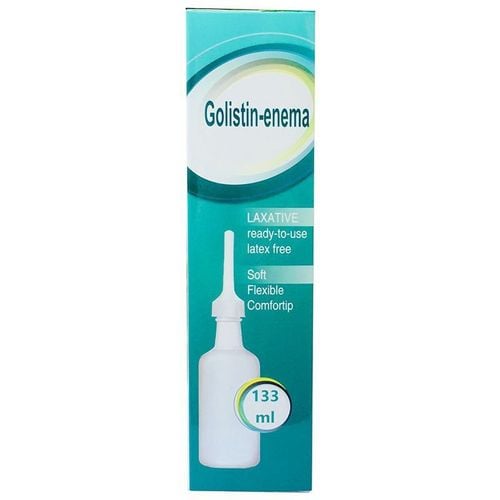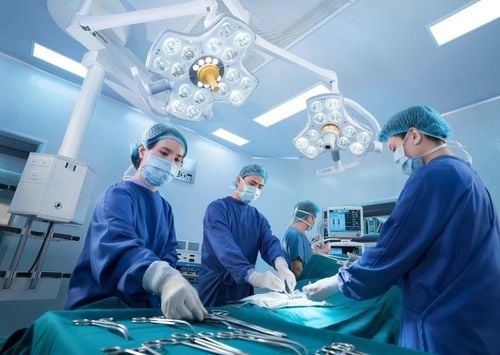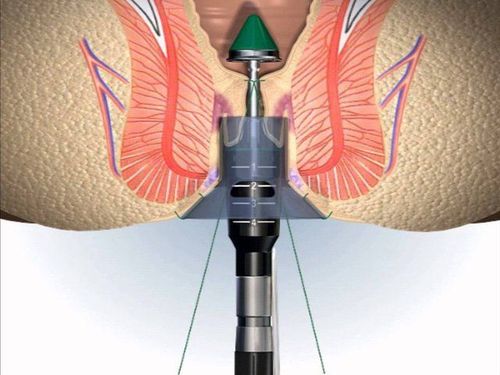This is an automatically translated article.
The article is professionally consulted by Master, Doctor Ta Quang Hung - Department of General Surgery - Vinmec Da Nang International General Hospital.
1. What is gastrointestinal endoscopy?
Endoscopy is a Medical (non-surgical) procedure used to examine a patient's digestive system. Using a flexible endoscope, which has a light and camera on the tip, the doctor can view live images of the patient's digestive tract through a color screen.During an upper gastrointestinal endoscopy (English name is upper endoscopy), the endoscope goes from the mouth and down the throat, esophagus, stomach, part of the small intestine, allowing the doctor to see the condition of the esophagus , the stomach, and the upper part of the small intestine.
Similarly, endoscopy can go from into the colon (lower endoscopy) to examine the lower digestive system including: anus, rectum and colon.
Endoscopic retrograde cholangiopancreatography (ERCP) is a special endoscopic technique used to investigate and treat pathologies of the bile duct, pancreatic duct and gallbladder and adjacent structures.
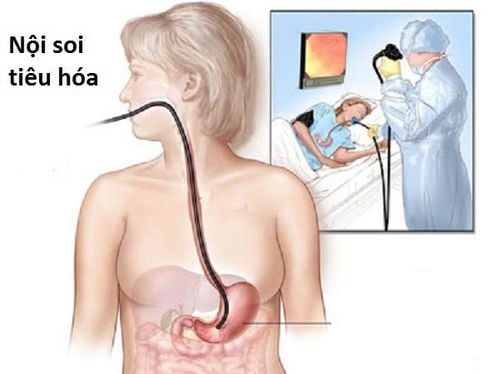
2. Why do patients need anesthesia in gastrointestinal endoscopy?
When using a sedative (Sedation) will put the patient into a state of sleep to help the patient rest during the procedure and is often given to the patient before the procedure. During the colonoscopy, some air will enter the stomach or intestines, which may cause mild discomfort. Sedatives are used to help reduce or avoid discomfort.There are different terminology depending on the specific drug used. Moderate sedation refers to a combination of several common sedating drugs and is well suited to the sedation needs of most patients undergoing endoscopy. The person should wake up within an hour, but the effects of the medication can last longer, so it is not safe for the patient to drive home.
However, some patients may require deeper sedation, most commonly propofol. This drug is also commonly used for general anesthesia for surgery. Currently, Vinmec hospital system is applying target concentration controlled anesthesia technique for all patients with gastrointestinal endoscopy, this helps the anesthesia to be more stable, does not wake up during anesthesia, reduces anesthetic dose, patients wake up faster after anesthesia. The patient is also equipped with monitoring devices throughout the procedure.
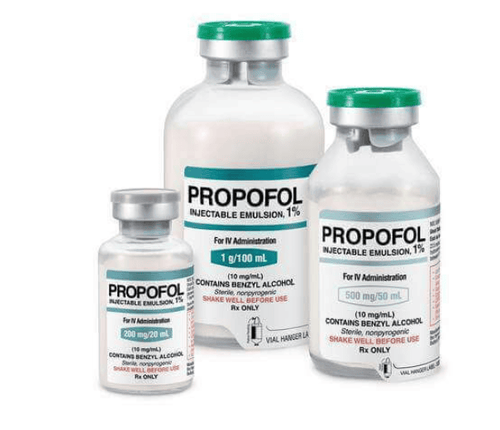
3. Complications when using anesthetics/sedatives in gastrointestinal endoscopy
To assess the risk of complications during endoscopy, the researchers analyzed data from more than 350,000 endoscopy procedures performed across dozens of centers in Germany. In which, 89% used sedatives, 62% used propofol and 23% used propofol in combination with midazolam. The results showed that:Common complications occurred in 0.01% and uncommon complications occurred in 0.3% of patients receiving sedation, compared with 0.007% and 0.05% of patients. sedation is not used. The mortality rate was 0.004% with sedation and 0.002% without sedation. Of the uncommon complications, 33% were respiratory and 12% were hypotension. Only 6% of patients with respiratory complications required mask breathing support. Of the 38 patients with severe complications, 26 required intubation and 13 died.
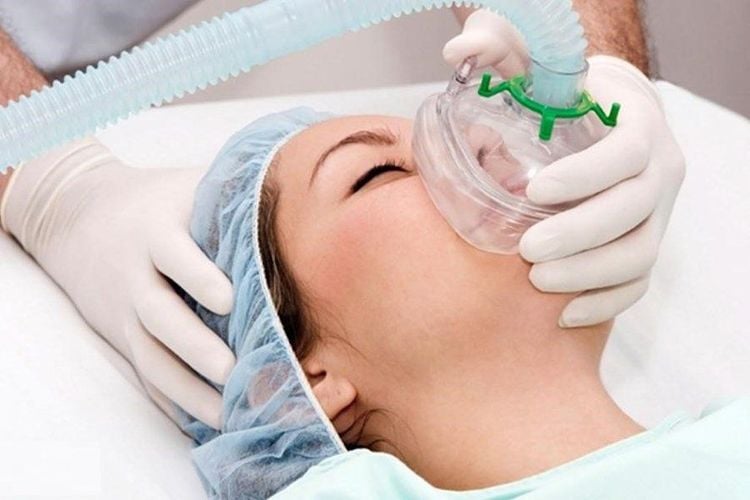
Colonoscopy, endoscopic retrograde cholangiopancreatoscopy, and endoscopic ultrasonography have a lower risk of complications than upper gastrointestinal endoscopy.
The use of propofol alone has a lower risk of complications than the use of midazolam alone.
Vinmec International General Hospital is one of the hospitals that not only ensures professional quality with a team of leading medical doctors, modern equipment and technology, but also stands out for its examination and consultation services. comprehensive and professional medical consultation and treatment; civilized, polite, safe and sterile medical examination and treatment space.
Master. Doctor Ta Quang Hung has over 10 years of experience in teaching and practicing in the field of Anesthesia and Resuscitation. Currently, working as an Anesthesiologist, General Surgery Department - Vinmec Danang International Hospital
Please dial HOTLINE for more information or register for an appointment HERE. Download MyVinmec app to make appointments faster and to manage your bookings easily.
Article referenced source: jwatch.org